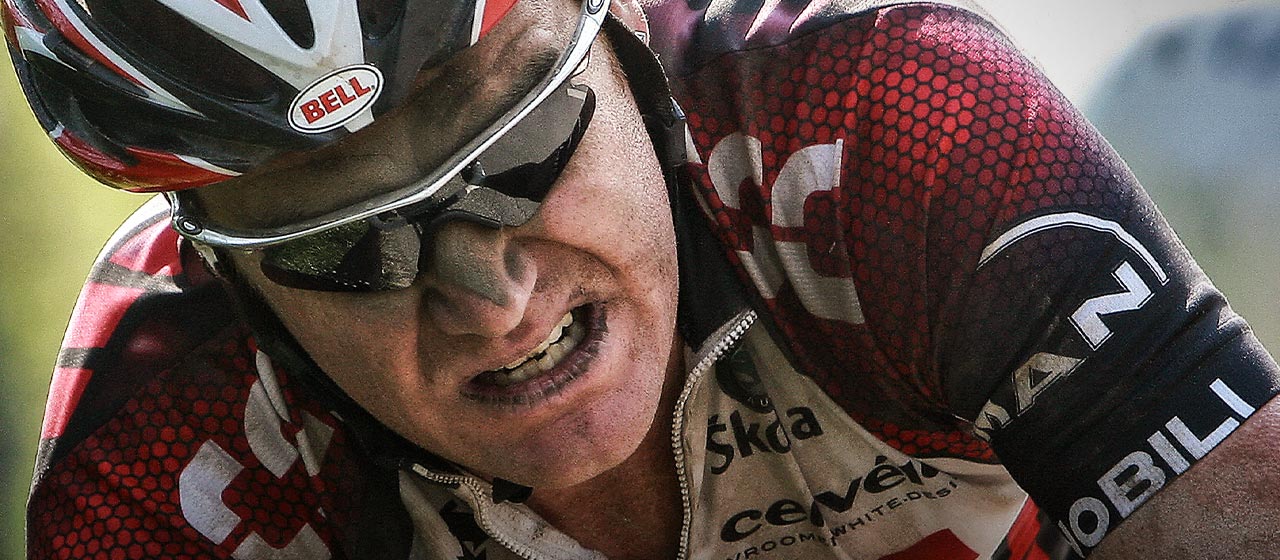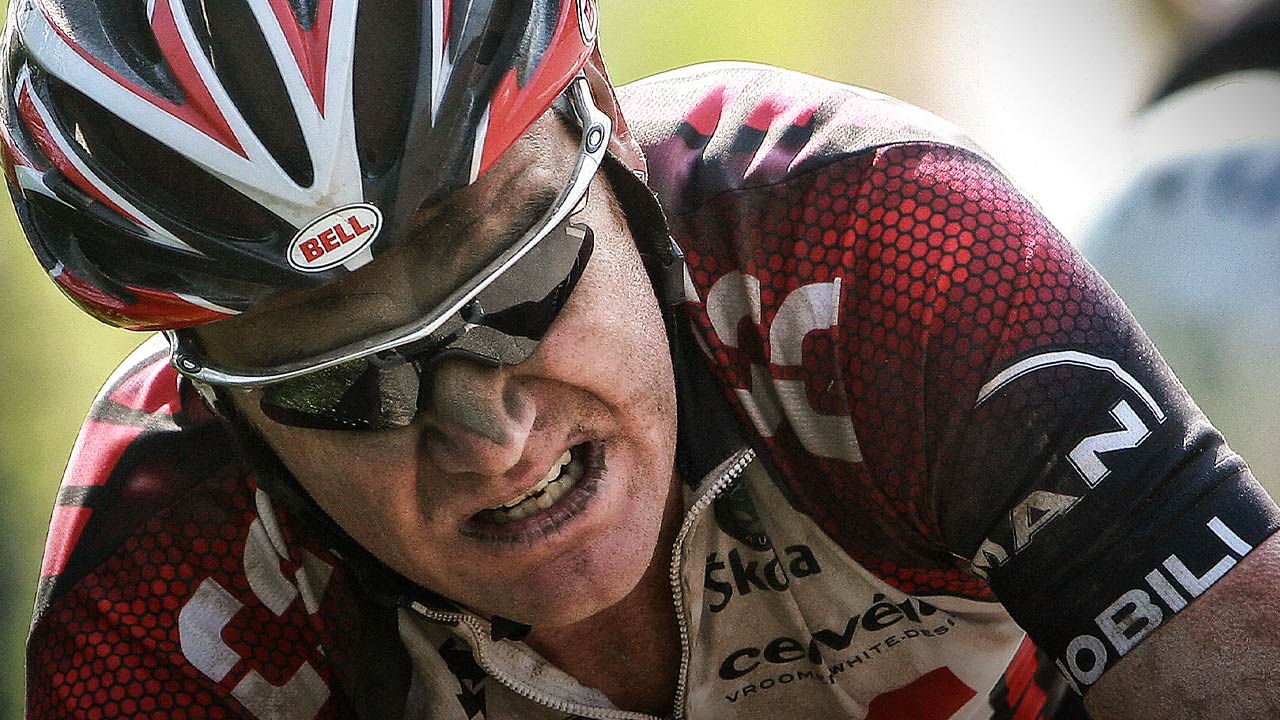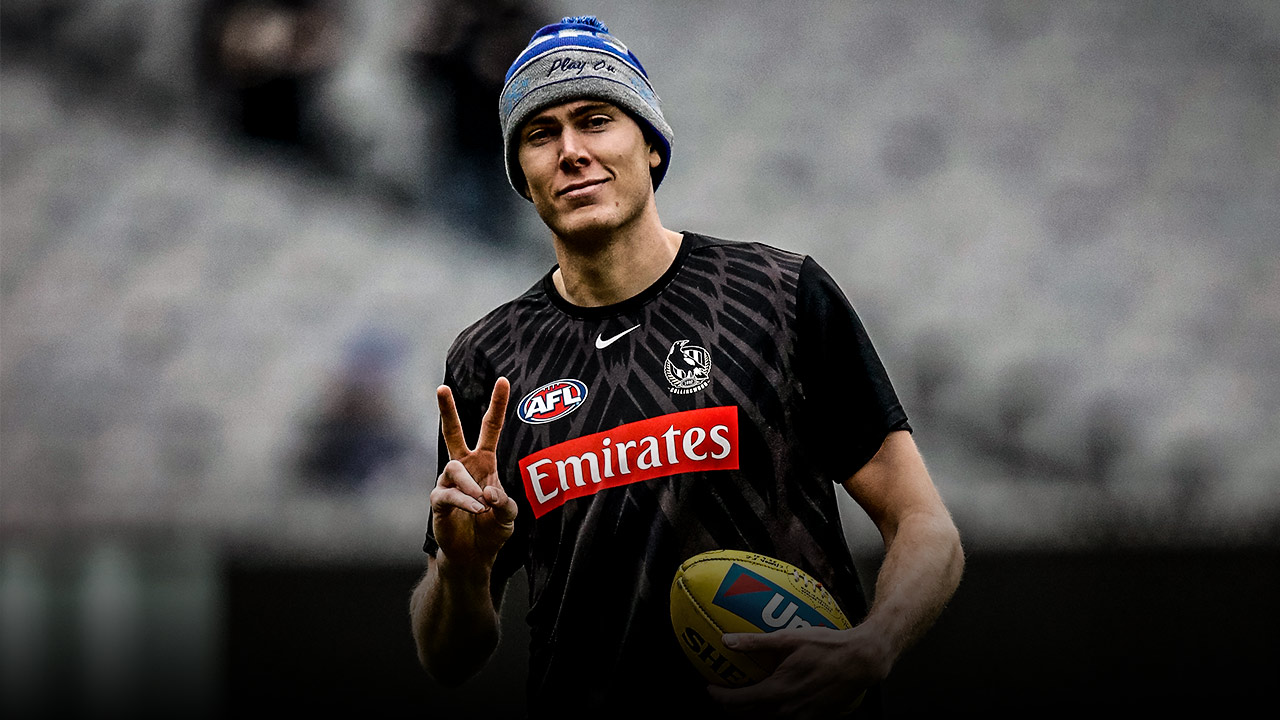Cycling
When the real pain starts
It’s really nice being at the Tour de France and not having to worry about how long the stages are, or how high the mountains are, or how much I’m going to have to hurt myself to get through the day.
How I watch the race now is much more relaxed, with Mummu Cycling where we host cycling tours for fans. It’s also incredible to see how the Tour has grown into one of the biggest sporting events on the planet.
These days, it’s like being in the middle of a giant travelling circus.
When we began this year’s Tour in Brussels, a major European capital, it basically went into shutdown. The military roadblocked the entire city for a couple of days which was a strange feeling, walking around a city without any cars on the streets.
It was a different story 22 years ago when I made my first start with GAN. We didn’t have team buses and would get changed before stages in cafés near the start line or in the boots of cars. It was ‘Access All Areas’ for fans back then.
One year we had a team meeting in a pub in Belgium to prepare for a 200km stage. We were sitting at a table and everyone else in the pub was blowing cigarette smoke on us and drinking beer. They had the chalk board out betting on the riders.
Things were pretty loose but that’s just how it was, so you got on with it. And I wouldn’t change those experiences for anything.

When you’re in the bubble of the Tour de France you take it for granted at the time, but that connection with the local communities was something really special. It also made for some funny experiences.
You’d roll into a small village and not really know what kind of place you’d be staying at. Some nights the hotel was five-star, other times it was two-star. You just had to live with the cards you were dealt.
There’s one place in particular which I’ve tried to erase from my memory. I think the bed had probably had eight million bodies sleep in it. It sagged like a hammock and the pillow smelled like cigarette smoke and cheap perfume.
The room had carpet up the walls and when I closed the door, a kilo of dust was dislodged into the air. It certainly wasn’t the best night’s sleep I’ve had.
We’d stay at a lot of small hotels and for the owners it was like having the Real Madrid football team walk into their little reception area. You could see the impact it had on the community because all of a sudden you’d have all their friends and family dropping by the hotel to meet the team.
That’s the great thing about cycling. It’s not a rich sport, it’s a sport for anybody, no matter who you are or where you come from. I think that’s what keeps cycling’s feet on the ground and why it’s so popular.
For 106 years, people have brought their families to stand on the side of the road with a baguette and a bottle of wine to watch one of the world’s best sporting events for free.
For them, the things that matter are being able to tap a rider on the back at the start line or shake their hand at the finish. That sense of being connected to the race is what makes the Tour de France so special.

In 2019, things are much better organised but global tensions have made security a really big issue and it means that the riders are locked away in their team buses most of the time now. It’s a huge challenge for police because the Tour isn’t hosted in one contained area, like a stadium. Each day they have to protect riders over a new 200km stretch of open road.
In the last five or six years since I retired, I’ve noticed a massive increase in the military and police presence, monitoring things on the ground and from the sky in helicopters. It’s pretty incredible to witness first-hand.
But for the most part, the Tour has only changed for the better. I appreciate that now more than ever.
More about: Resilience | Tour de France






 Load More
Load More